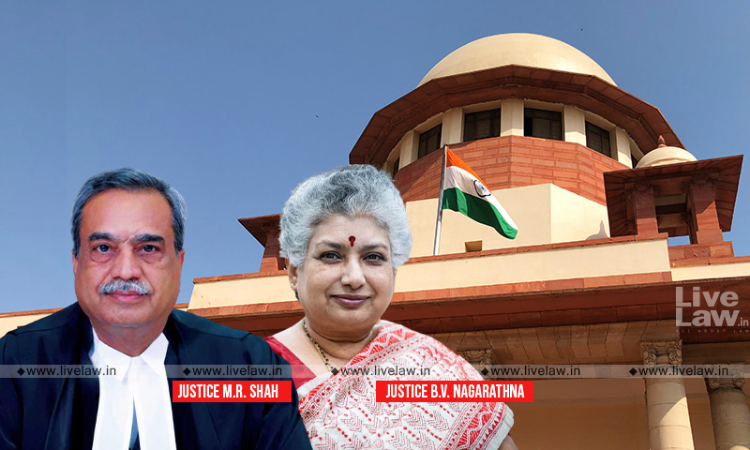Order VII Rule 11 CPC - Court Has To Read Plaint As A Whole; Can't Reject It Only Reading Few Lines : Supreme Court
LIVELAW NEWS NETWORK
14 March 2022 8:00 PM IST

Next Story
14 March 2022 8:00 PM IST
While considering an application for rejection of plain under Order VII Rule 11 CPC, the Court has to go through the entire plaint averments and cannot reject the plaint by reading only few lines/passages and ignoring the other relevant parts of the plaint, the Supreme Court has held.A bench comprising Justices MR Shah and BV Nagarathna set aside the judgment of the Calcutta High Court...
